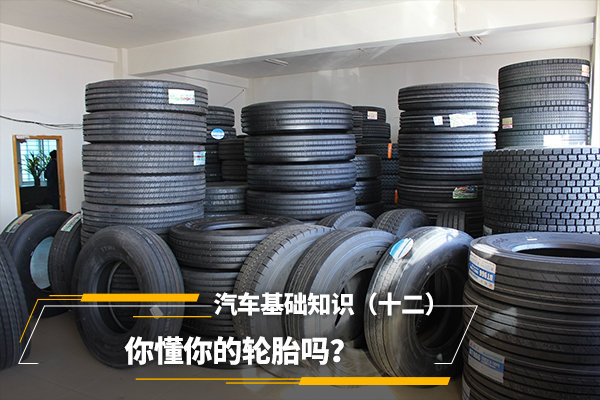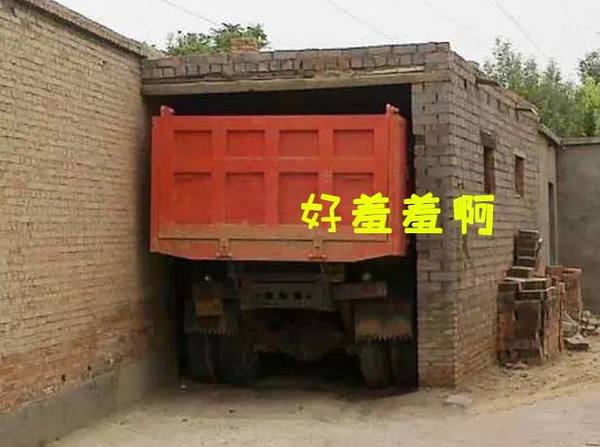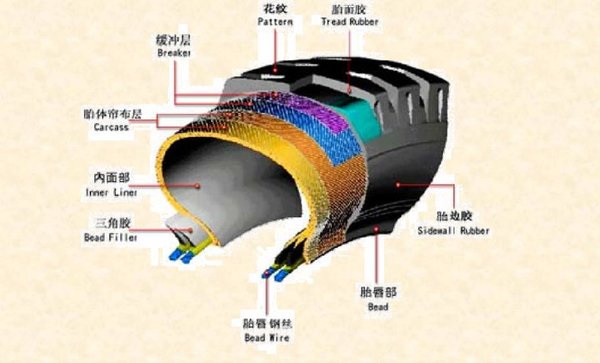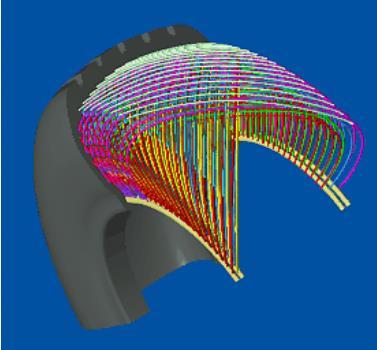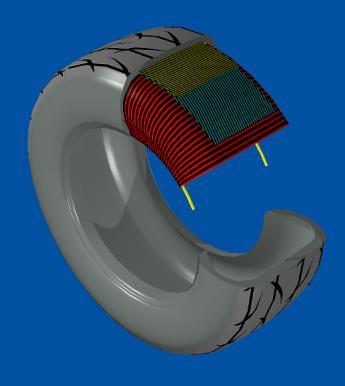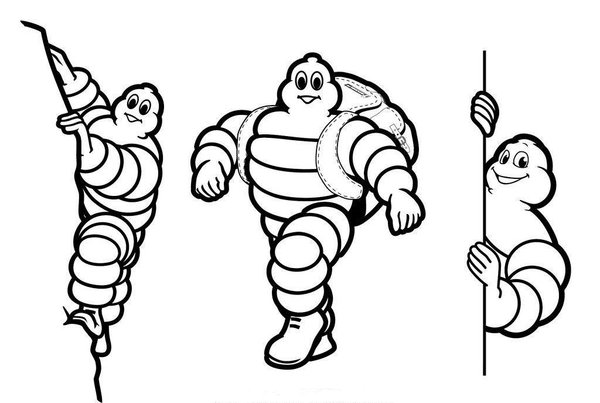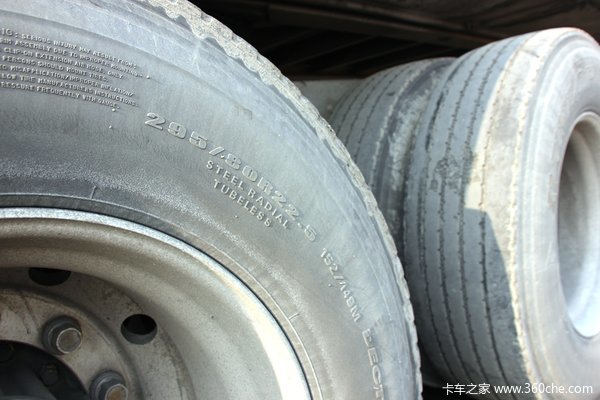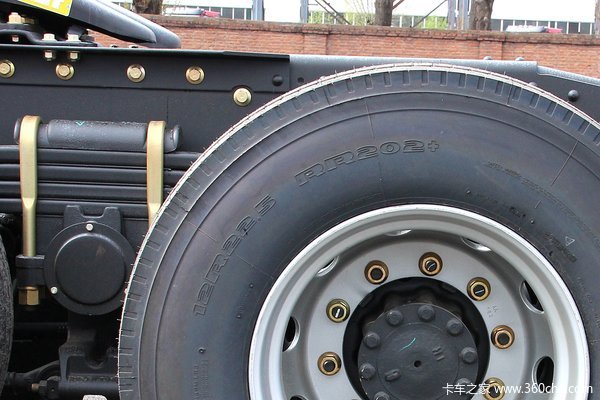02
2025
-
07
Car Basics (12) Do You Know Your Tires?
In the comments of the previous column
There are many cardholders who say in the comments that I am more sao-like
Here I want to clarify
I'm not like that myself
The article was all forced by the editor-in-chief
In everyday life
I'm actually more than you think
More agitation
Okay kidding, let's get to the point
In a car, one of the most frequently replaced parts
I'm afraid it's tires
It just so happens that our "Automotive Basics" talks about the driving system
Then we must also talk about tires, which burn money
I don't know if you've heard of it
"Radial tires"
and
"Bias tires"
These two concepts?
Everybody knows that
In the rubber skin of the tire
In fact, there are many layers of "filler"
In the early years
Due to the limitations of the level of production
The arrangement of the filling inside is like this
他们斜着交叉在一起
You press me, I press her
Stacked arhats are arranged together
Life and life are not separated
Therefore, this kind of tire is called "bias tire"
afterward
The level of science and technology is changing with each passing day
One day an engineer made a surprising discovery
After using the new technology
Technology doesn't stack Arhats like that
It can also make these lines "life and life not separate"
That being the case
In order to be able to make the most of the strength of the lines
Then let them line up like this
Since the direction of their alignment and the radial section of the tire are consistent
That's why this kind of tire is called
"Radial tires"
(PS: radial tires were invented by Michelin)
(PPS: Fat people who don't want to invent radial tires are not good cooks)
In simple terms
The difference between radial tires and bias tires is
The "ply layers" inside are arranged in different directions
Because of this difference
Radial tires have
Good heat dissipation, low weight, low resistance,
Wear-resistant, puncture-resistant, comfortable, and stable at high speeds
and so on
Whereas, bias tires have:
The sidewall is thick and has high lateral strength
and
cheap
These two advantages
The radial tires have become rich and handsome
It has gradually become the leader of the tire industry
Now take a look at your tire models
As long as it has the letter "R".
All are radial tires
After becoming "rich and handsome".
Radial tires began to live a life of "wearing gold and silver".
Gradually, I got it
"All-wire radial tires"
"Semi-wire radial tires"
This is an upgraded and enhanced version of the product
And bias tires
Due to the "lack of progress"
Until now, basically only "nylon" materials have been used to play with him
Therefore, bias tires are generally "nylon tires"
And the "wire tires" we usually talk about must be radial tires
In addition, there are tubeless tubeless products currently on the market
It's basically "radial tires"
(Anyway, I haven't seen a bias tire with a vacuum)
It can be said that you can't keep up with one step, and you can't keep up with each step
Bias tires are now mostly only seen on low-speed cars
Radial tires have long dominated the market for high-speed vehicles
In order to prevent everyone from getting confused
Let me summarize here
Bias tires are relative to the concept of radial tires, the difference is that the structure is different
Wire tires are a concept relative to nylon tires, and the difference is that the materials are different
Tubeless is a relative concept of "tires with tubes", the difference is that there are tubeless tires
On the market today
Vacuum tires are generally steel wire tires, and steel wire tires are radial tires
Whereas, bias tires are all nylon tires and generally have inner tubes
That's all there is to say about these two classifications of tires
Let's talk about the model of the tire
Let's illustrate three specific situations:
1)
295/80R22.5
This type of numbering scheme is more common today
Especially on the car, it's like this
The letter R - as mentioned earlier, stands for radial tires
295 – This tire width is 295mm
22.5 – The diameter of the rim is 22.5 inches
80 - flat ratio, indicating the thickness ÷width of the tire=0.8
Plainly
If the other models remain the same
80 is changed to 85, and the tires become thicker
2)
12R22.5
这种叫英制规格
R still stands for radial tire
12 - The width of this tire is 12 inches, which translates to 304.8mm
22.5 – The rim diameter is 22.5 inches
So so
This flat rate defaults to 90
Because of the focus on practicality
So it's low-key
Just acquiesced
I can't see it
Other than that
Behind this set of numbers
If two digits appear
That's the level of tires
3)
8.25-20
This numbering scheme is very similar to the previous one, except that an R is missing
Illustrated, it is a bias tire
so
8.25 – The tire width is 8.25 inches
20 – The rim diameter is 20 inches
Okay, let's stop here for the content of tires
If you're still feeling a little confused
Then watch it twice
Save yourself the confusion when buying tires
There are two more verbose words here
Don't be confused when buying tires
Don't get confused when driving
Tire temperature and tire pressure must be paid attention to at all times
Next Page



